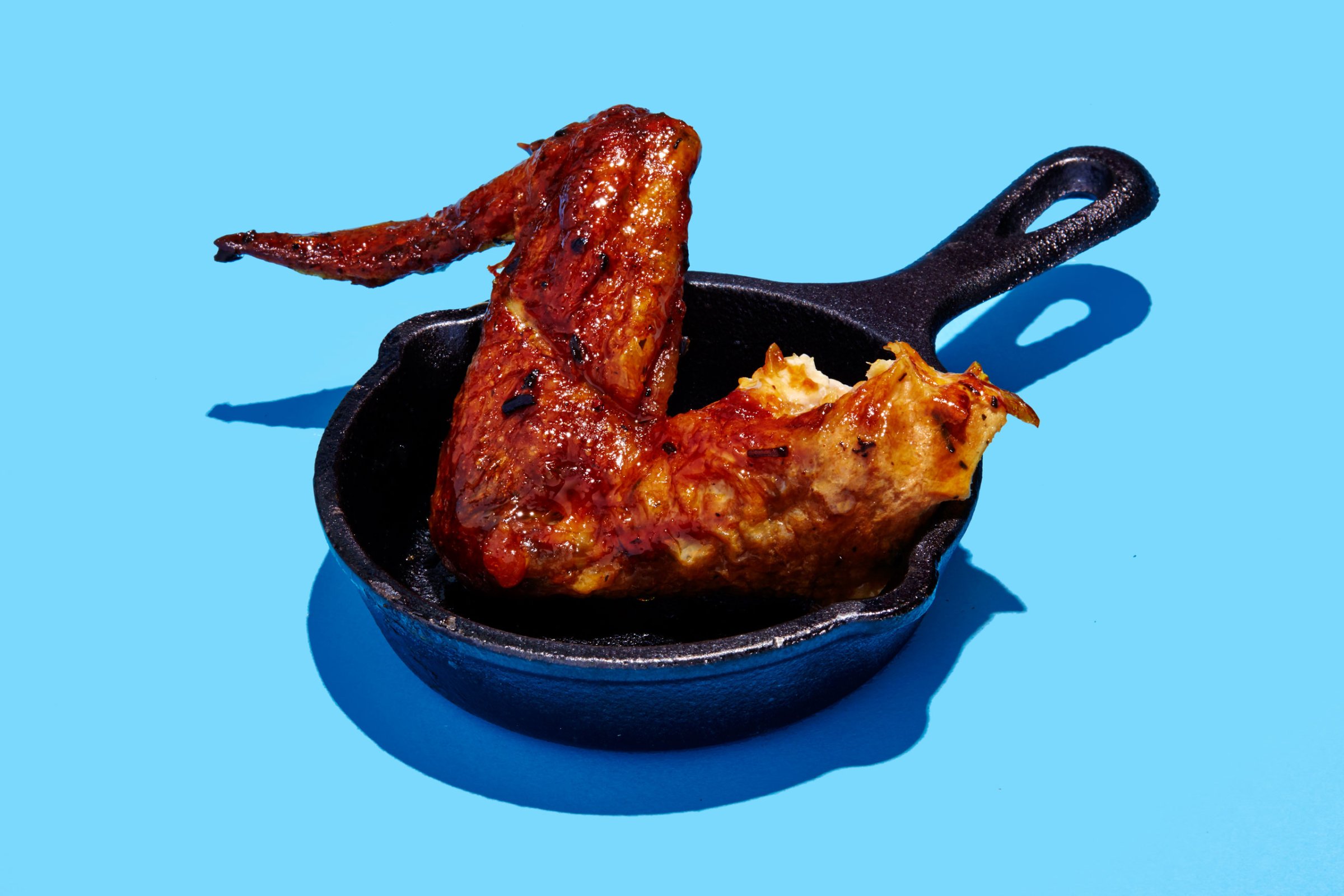
Protein is crucial to nearly every bodily function. We need it to have energy, to feel full, to build muscle, to process nutrients and to boost immunity to send chemical signals—basically, to stay alive. And with so much new research pointing to the nutrient’s power as a hunger buster and super sculptor, it’s easy to think the more protein, the better. But is that wise?
When experts decry protein-heavy diets, the issue is usually not quantity but quality. “It’s not protein per se that’s a problem, but the ‘passengers’ it brings with it,” explains Tom Rifai, MD, regional medical director of Metabolic Health and Weight Management for the Henry Ford Health System in Detroit. “You can’t compare egg whites, fish, or beans to fatty porterhouse steak.” Eating a lot of meat means getting a ton of calories and saturated fat as well as a digestive by-product called TMAO, all of which can contribute to higher risks of certain cancers, diabetes, and cardiovascular disease. Indeed, a 2014 study published in Cell Metabolism showed a hike in cancer mortality risk for people who ate more animal protein in midlife. On the flip side, a new study from the Harvard T.H. Chan School of Public Health found that adults who ate a plant-based diet and dropped one or two servings of animal-based foods—to four or fewer servings a day—cut their risk of type 2 diabetes by up to 20 percent. The takeaway: If you want to bump up your protein, grab those extra grams from plant sources or even fish (both of which offer beneficial nutrients on top of protein) rather than red meat.
Curious about how some of the more popular high-protein diets stack up? Here’s the lowdown.
Atkins
What it is: In Phase 1 of the classic plan (now called Atkins 20), you aim for 10 percent of daily calories from carbs; the rest come from protein and fat.
Pros: Can help you shed weight short-term; may improve blood sugar levels.
Cons: Many people replace the missing carbs with red meat and saturated fat.
Bottom line: It can help kick-start weight loss, but the long-term effects of restricting carbs and eating excessive animal fat are murky. A vegan spin-off, Eco-Atkins, calls for getting protein (about 31 percent of calories) from plant sources.
To buy: $17; amazon.com
Health.com: 10 Ways Get Protein Without Eating Meat
Paleo
What it is: Focuses on foods that can be hunted and gathered, with 19 to 35 percent of calories coming from protein (mostly animal sources).
Pros: Banishing refined carbs and processed foods can help with weight and blood sugar control.
Cons: Often high in saturated fat; omits healthy dairy, whole grains, and legumes.
Bottom line: Eating more whole foods, including quality protein and produce, is never a bad thing, but cutting out legumes and whole grains could leave you short on vitamins and fiber.
To buy: $15; amazon.com
South Beach
What it is: Reduces carbs to about 30 percent of daily calories (in its first phase), with the balance made up by lean protein and unsaturated fats.
Pros: While the first phase reduces carbs somewhat steeply, the plan as a whole provides a healthy combination of fruits, veggies, legumes, grains, good fats, and protein.
Cons: If you get most of the protein from animal products, the diet can still be high in saturated fat.
Bottom line: It’s a more moderate way to slash carbs and ramp up protein intake.
To buy: $7; amazon.com
Health.com: 10 Protein-Packed Pulse Recipes That Satisfy
Zone
What it is: Every meal and snack aims for a mix of 30 percent protein, 40 percent carbs and 30 percent
fat, with the goal of lowering inflammation and improving hormonal control.
Pros: Promotes weight loss; includes less total fat and cholesterol and a more moderate amount of carbs than other high-protein-diets.
Cons: You may still end up eating fewer veggies, fruits, whole grains, legumes, and other healthy carbs.
Bottom line: It can be hard to stick with a plan that demands a formula each time you bring fork to mouth.
To buy: $30; amazon.com
This article originally appeared on Health.com
More Must-Reads from TIME
- Donald Trump Is TIME's 2024 Person of the Year
- Why We Chose Trump as Person of the Year
- Is Intermittent Fasting Good or Bad for You?
- The 100 Must-Read Books of 2024
- The 20 Best Christmas TV Episodes
- Column: If Optimism Feels Ridiculous Now, Try Hope
- The Future of Climate Action Is Trade Policy
- Merle Bombardieri Is Helping People Make the Baby Decision
Contact us at letters@time.com